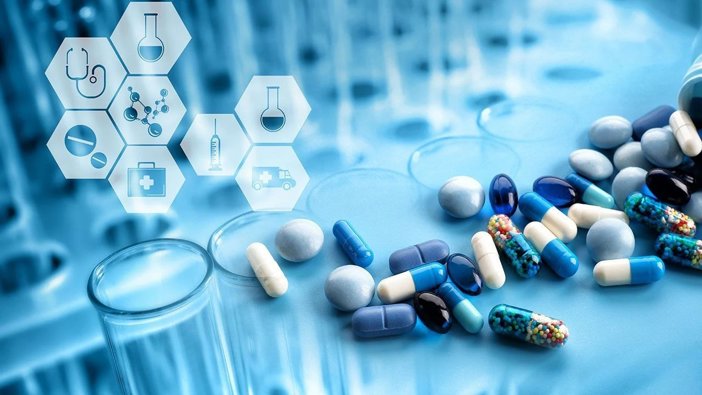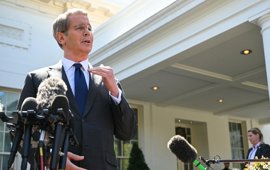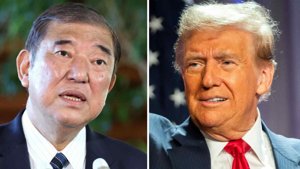
Trump Eyes Pharma Tariffs Soon
United States President Donald Trump announced on Monday that his administration is preparing to impose tariffs on imported pharmaceutical products in the near future. Speaking with reporters at the White House, Trump emphasized the need for the U.S. to reduce its dependency on foreign drug manufacturers and revive domestic pharmaceutical production.
“We don’t make our own drugs, our own pharmaceuticals,” Trump stated. “The drug companies are in Ireland. They are in lots of other places, including China.”
The president explained that the introduction of tariffs would serve as a strategic move to incentivize pharmaceutical companies to relocate production facilities back to the United States. “All I have to do is impose a tariff... The higher the tariff, the faster they come,” he said, signaling a clear intention to use trade policy as a tool to stimulate domestic manufacturing.
Trump hinted that the pharmaceutical tariffs could align with the existing 25% tariffs currently imposed on car and aluminum imports, suggesting a similarly aggressive rate might be applied. These remarks come amid a broader push by the administration to bolster self-reliance in critical sectors, particularly in the wake of global supply chain disruptions and growing national security concerns.
The potential new tariffs represent a significant shift in the administration’s trade strategy, expanding its focus beyond traditional manufacturing into healthcare-related industries. As the U.S. seeks to ensure medical supply chain resilience, this policy move could have far-reaching implications for global pharmaceutical trade, pricing, and accessibility.
While the specifics of the tariff policy have yet to be released, Trump’s comments underscore a continued commitment to reshaping America’s economic dependencies and reinforcing domestic production capacities across strategic industries.






